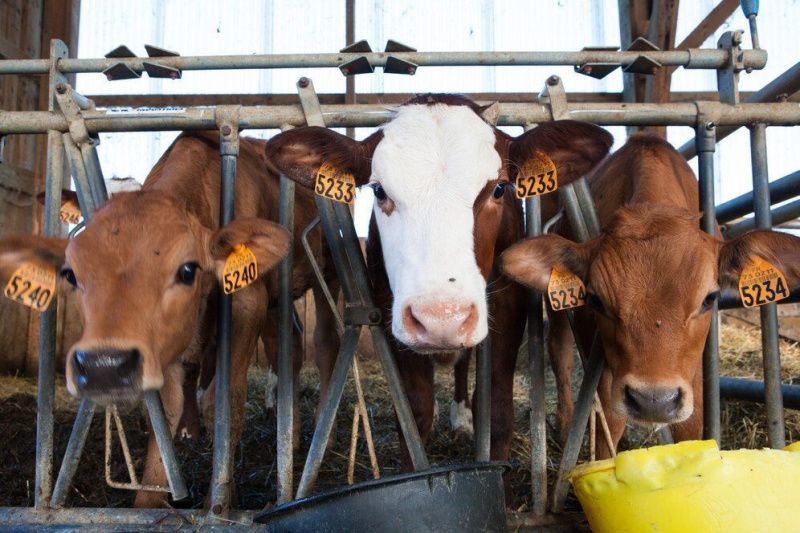Twitter’s time in Canadian politics started with an apology and then things got worse.

This is an excerpt from Minority Report, a weekly newsletter on federal politics. If you haven’t subscribed yet, you can subscribe by clicking here.
The first mention of the “tweet” in the House came during an apology.
Shortly after the afternoon questioning session on October 20, 2009, then-liberal MP Ujardo Sanji stood in the Capitol.
“I would like to let you and the House know that I inadvertently tweeted about an on-camera proceedings of a defense committee,” Dosanji told the Speaker of the House. . “It was my fault and that entry will be removed at the earliest opportunity. That is right after I left here.”
Apparently this was before MPs realized they could let staff manage Twitter accounts.
“Thank you to our honorable members,” replied Peter Milliken, then chairman. “I think ‘tweet’ means it was posted on Twitter.”
The Dosanjh order marked the arrival in Canada of a social media platform that fosters both dialogue and excess. This tool has created a new way to enrich discussions and do things you’ll regret later.
Thirteen years later, Twitter appears to be on the verge of collapse. If it continues in some form, its days as one of the dominant forums in public life may be coming to an end. I’m lowering my senses.
Whatever way the Twitter era ends, it will have big political implications in Canada, but not entirely for the better.
Small Audience, Big Impact
It’s entirely possible that you’re not a regular Twitter user. Most Canadians don’t. However, with most Canadian politicians, journalists, pundits, political strategists, pollsters, lobbyists, and partisan supporters using Twitter, the platform has had a tremendous impact on political life in the country. is giving
Of course, Canada is not the only country in this dynamic.For example, consider the United States — Twitter played An integral role in the rise of Donald Trump.
We haven’t had an earthquake here (at least not yet), but the impact is not small.
Also, not all is bad. It gave politicians new ways to communicate with voters and created new ways for voters to hold politicians to account. It facilitated the dissemination of news and information with incredible speed and breadth.
It elevated new and underrepresented voices, and those voices enriched the wider dialogue. In some ways, Twitter has helped bring more nuance to political discussions. Think of academics and historians who have used Twitter threads to clarify complex topics.
Sadly, that’s not all that can be said about Twitter’s performance as a modern public square.
amplify the limit
Not only does it give users access to important information and valuable voices, but it also spreads misinformation, misinformation, harassment and general harassment. It celebrates and rewards overt judgments, hot takes, anger, blame, ridicule, fatalism, and disagreement.
It sped up the news cycle to a dizzying speed. It elevates the most extreme opinions, provides ample opportunity for malicious actors, and is a fearsome proxy for actual public opinion.
If previous media eras reduced politics to soundbites, Twitter has reduced it even further to hashtags. At times, the House of Representatives seemed little more than a flashy studio for recording clips of the congressman’s video, which would be published on her Twitter feed.
For all these reasons, you might be tempted to think that Canadian politics would be better off without Twitter. But even if Twitter were to die tomorrow, we wouldn’t be going back to the days before social media. Just like we can’t go back to the days before television, radio and newspapers.
If Twitter ceases to be an important forum, some new platform (or platforms) will take its place. The age of social media is not over yet.
Twitter’s problem How to use it, not the platform itself, and how its use is permitted. In that sense, Twitter offers valuable lessons about how social media works and how it can go wrong.
Whether those lessons are heeded is another matter entirely. The issue of government regulation is still looming.
The indisputable truth is that 13 years after Ujjal Dosanjh found a novel way to betray the credibility of the Camera Commission’s debate, everyone still knows how to best function in the social media age. that you are trying to find. Minimize the harm you do.
Twitter’s time in Canadian politics started with an apology and then things got worse.
Source link Twitter’s time in Canadian politics started with an apology and then things got worse.



